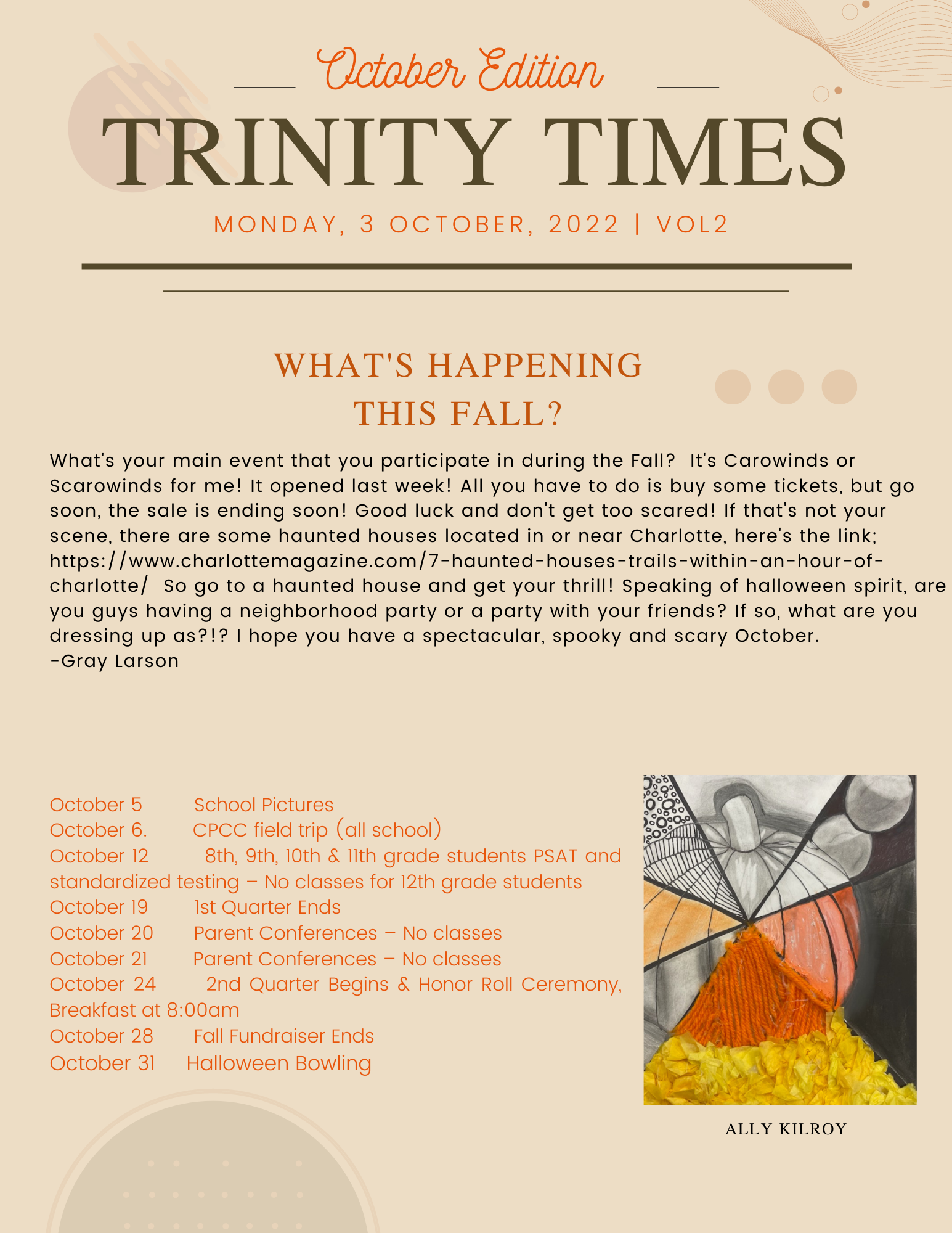There is no magic potion to make students better test takers, but here are some simple ways to help even the most nervous student confident before any test.
Study Setting
Research has found that things like color, sound, lighting, and movement can have a significant effect on how we retain information while studying. Using a location like at the kitchen table, at a desk, or on the floor work better than comfortable places like in bed or on the couch.
Controlling the background noise can also help stimulate your brain, like classical and jazz music, but if you don’t prefer those, music without lyrics or low lyrics can help. Music with lyrics can cause you to lose focus on words your reading or writing, then cause you to not retain information. Color is also another useful element in studying for a test. Using different colors while taking notes helps to stimulate your eyes for information retention. Using bright colors on dark backgrounds helps your eyes to focus on the information. Lighting also helps with focus; natural light allows a person’s eyes to focus.
Answering Questions
If you don’t have a study guide or example questions, make up your test questions before reviewing. See how many you can answer from memory to see where you may have gaps in your subject knowledge, then you can fill in the answers while going over your notes and reading.
Taking Breaks
Taking breaks doesn’t mean you aren’t focused on the information you’re trying to retain, studying is more like a marathon than a sprint. Moving around and getting the blood pumping can help wake up your brain and prepare it for the information that is about to come. You can also read aloud or walk around to engage your brains muscle memory. No matter how you chose to take breaks when you split information into chunks helps your mind remember more details and facts than cramming information in one big piece.
Outline
When writing an outline, start by writing the main ideas first. Make sure you have a firm grasp on the big picture information before you focus on the smaller details. Outlines are an excellent tool for organizing information for future use or if you want to give yourself a last-minute polish before a test.




